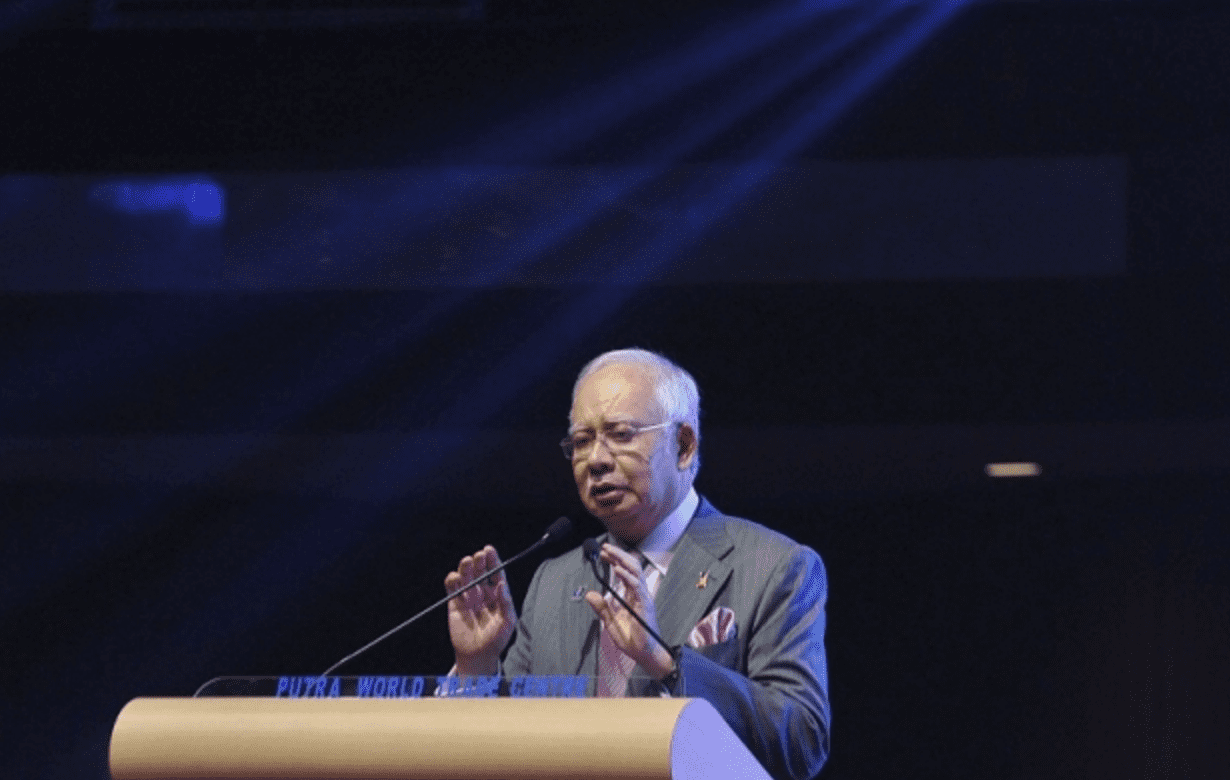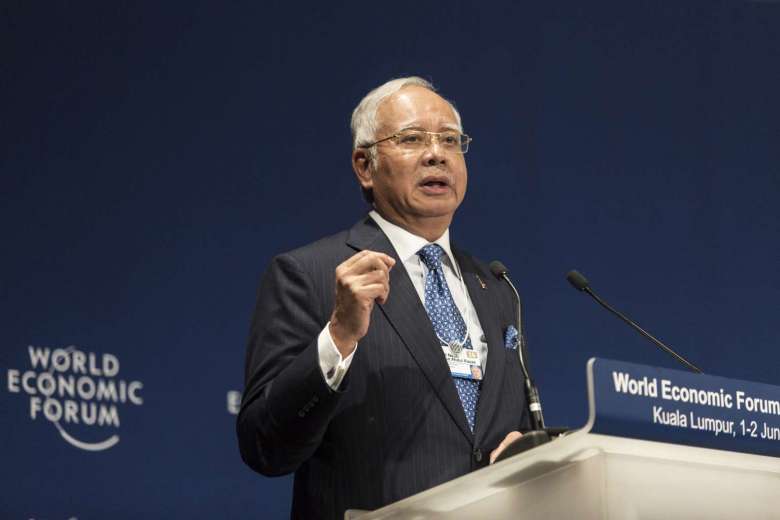
The contentious National Security Council (NSC) Act 2016 which allows the government to hold emergency powers is set to be effective from August 1st 2016. This was announced by Prime Minister Datuk Seri Najib Razak in a federal gazette, published on July 14.
The NSC Act did not receive royal consent and was gazetted without changes, despite the Conference of Rulers agreeing last February that some of its provisions should be revised.
The NSC Act allows the National Security Council, which would be chaired by the PM, to take command of the country’s security forces and order strict policing of areas deemed to face security risks.

The jurisdiction of the NSC takes effect once the PM elects a location as a “security area,” which is a status that is valid for six months, and subject to renewal by the PM.
Security forces will have the right to scrutinise or arrest without warrant any individual “found committing, alleged to have committed, or reasonably suspected of having committed any offence under written laws in the security area”.
Some concerns raised regarding the Act include fixating “enormous” executive and emergency powers in the NSC and the PM, and that for the government to hold emergency powers without the need to declare emergency under Article 150 of the Federal Constitution, it would overthrow the authority assigned to the Yang di-Pertuan Agong.










